eevielearnsgaidhlig
282 posts
eevie learns gaidhlig . . . INFJ / 20+ / Artist/writer / English (native), French, Spanish, Scottish Gaelic (new), Swedish (new) I'm in NO WAY teaching Gaidhlig, but instead sharing what I learn through multiple resources. [CORRECTIONS ARE ALWAYS WELCOME AND APPRECIATED]
Don't wanna be here? Send us removal request.
Text

https://nation.cymru/news/storm-eunice-makes-bilingual-road-sign-welsh-language-only/
@becausegoodheroesdeservekidneys
7K notes
·
View notes
Text
Working on a langblr masterpost!
Please reblog and state in the reblog about which languages you post and reblog! Feel free to also reblog without adding so other langblrs can participate to join the list :)
132 notes
·
View notes
Photo
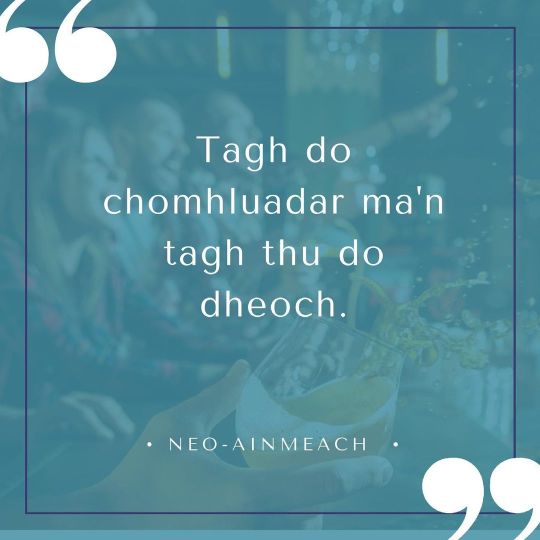
TAGH DO CHOMHLUADAR MA'N TAGH THU DO DHEOCH
[Choose your company before you choose your drink.]
Bhon leabhar le T. D. MacDonald, “𝘎𝘢𝘦𝘭𝘪𝘤 𝘗𝘳𝘰𝘷𝘦𝘳𝘣𝘴 𝘢𝘯𝘥 𝘗𝘳𝘰𝘷𝘦𝘳𝘣𝘪𝘢𝘭 𝘚𝘢𝘺𝘪𝘯𝘨𝘴”
Instagram
20 notes
·
View notes
Photo

FEÒRAG
[Squirrel]
Boireann IPA: fjɔːrag 🎧 Faidhle-Fuaime leis an Fhaclair Bheag: http://bit.ly/2d0zYau 🎧 Faidhle-Fuaime le Learn Gaelic: https://bit.ly/3biO5sC
Instagram
16 notes
·
View notes
Photo
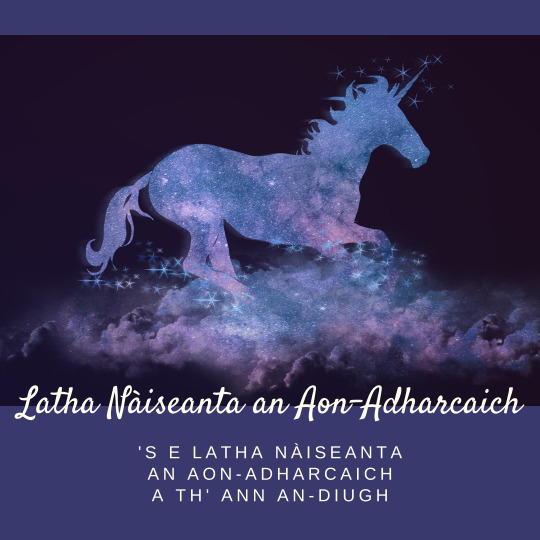
LATHA NÀISEANTA AN AON-ADHARCAICH
’S e Latha Nàiseanta an Aon-Adharcaich a th’ ann an-diugh. Is e an t-aon-adharcach beathach nàiseanta na h-Alba.
[It is National Unicorn Day today. The unicorn is Scotland’s national animal.]
Leughaibh a bharrachd an-seo: https://bit.ly/31ZBhCq
🎧 Faidhle-Fuaime airson Aon-Adharcach leis an Fhaclair Bhig: http://bit.ly/2D904I9
🎧 Faidhle-Fuaime airson Aon-Adharcach le Learn Gaelic: http://bit.ly/2G2foHj
14 notes
·
View notes
Text

Proto-Celtic word meaning seagull.
I recently learnt about the Proto-Celtic etymology of the French word goéland (seagull) and was surprised to then learn that this is also the etymology of the gull in seagull in English. Most descendants from *wailannā are found in Celtic languages, with the exception of French and English. However, the English word also includes the native English sea- before gull despite their presence further inland.
Descendants: Breton: gouelan - seagull Cornish: goolan - seagull Welsh: gwylan - seagull Irish: faoileán (Ulster: faileog) - seagull Manx: foillan - seagull Scottish Gaelic: faoileann - seagull French: goéland - seagull English: seagull
The addition of g- occurred in Brythonic languages but not Goidelic languages. The English gull and French goéland both come from Brythonic languages.
Inspired by @languagessi‘s post - I love etymology and thought this was the perfect way to get back into making more posts about it!
Photo credit
87 notes
·
View notes
Text
Scots Gaelic Word of the Day: brònach [bro-nach]
Meaning: Sad, miserable, sorrowful
Let’s use it in a sentence: A bheil thu brònach? [a vell u bro-nach?]
Sentence translation: Are you sad? (Answer THA [ha] for yes, CHAN EIL [chan yel] for no)
Note: the “ch” sound in ‘brònach’ and ‘chan’ is the same as in ‘loch’. It is made in the throat. If you have trouble with this sound try hissing like a cat!
52 notes
·
View notes
Photo

More vocabulary for the word of the day challenge:
Gàidhlig | Scottish Gaelic
dearmadail - (adj) - forgetful guanag - (n. fem) - a scatter-brain carragh-chuimhne - (n. fem) - memorial niùro-eòlaiche - (n. masc) - neurologist faigh mun t-sròin - to keep reminding someone of something
Deutsch | German
errinern - (vb) - to remind das Gehirn - (n. neu) - brain die Vergangenheit - (n. fem) - yesteryear, the past vergesslich - (adj) - forgetful das Andenken - (n. neu) - memento, keepsake
Íslenska | Icelandic
heili - (n. masc) - brain að gleyma - (vb) - to forget eftirminnilegur - (adj) - memorable fortíð - (n. fem) - the past taugafræði - (n. fem) - neurology
8 notes
·
View notes
Photo
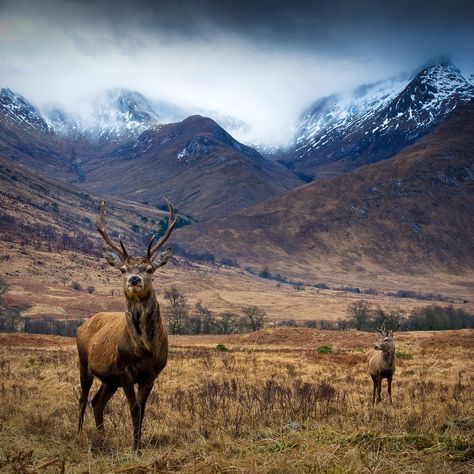

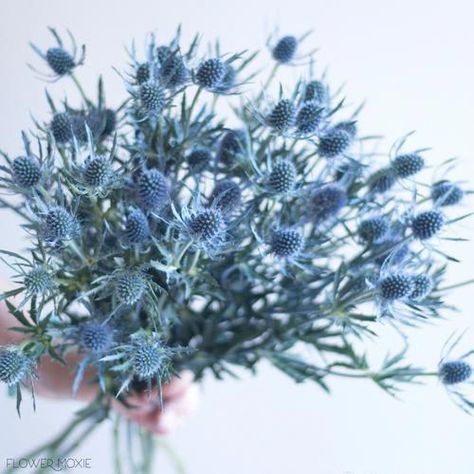

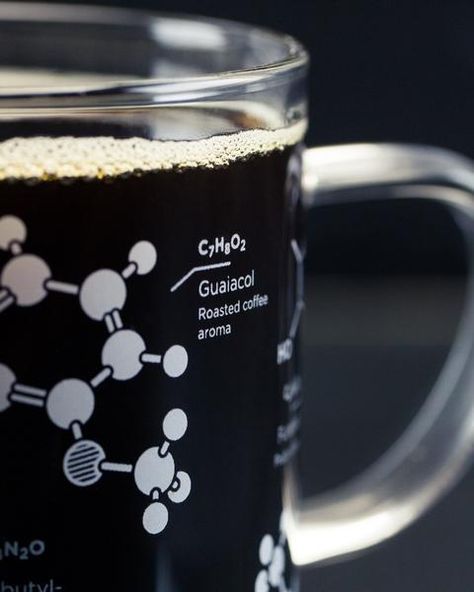




Language Moodboard: Gàidhlig / Scottish Gaelic
116 notes
·
View notes
Text
Scottish English

picture source
Difference Scots vs Scottish English:
Scots = bundle of dialects spoken in the Scottish Lowlands since Old English times, offshoots of Northumbrian dialects of Old English, standardization efforts during the late Medieval and Early Modern period come to naught after the Union of the Crowns (1603) and Union of Parliaments (1707)
Scottish English = contemporary standard variety, differing from Standard English mostly in pronunciation, with some lexical and minimal grammatical variation
Aitken’s Model of Scottish speech (1979): Scots- Scottish English – English is a continuum: speakers can move long this continuum [read about it here]
Scottish English: Pronunciation
Scottish Vowel Length Rule: vowels are phonetically short unless before a voiced fricative, /r/ or a pause –>pull vs pool are homophones (sound the same) in SSE
Diphthongs are monophthongized: [əʊ] –>[o] home [həʊm] is [ho:m] in SSE, [eɪ] –>[e]: play [pleɪ] is [ple:]
[ɪ] is generally lower and almost sounds like /ʌ/
BATH- TRAP merger: both [a]
COT-CAUGHT merger: /ɔ/ and /ɒ/ merge to /ɔ/
No FERN-FIR-FUR merger: /ɛr/, /ɪr/, /ʌr/ –>sound different
/x/ in loch
Retains phoneme /ʍ/: difference between where and wear–>is aspirated
post-vocalic /r/ is retained: realized as tap or approximant
Current development concerning post-vocalic /r/: there is a process of derhoticization happening in the working class, studies from Romaine 1978, Stuart-Smith and Lawson et al. show this; at the same time the middle class continue to use post-vocalic /r/ [you can find the study by Stuart-Smith, Lawson, Scobbie from 2014 here]
/l/ can be velarized in all positions –>becomes a dark l
post-tonic /t/ is often [ʔ]
Current development: this process is spreading from Scotland to the whole of the UK, especially in the working class, where it is nearly obligatory [Stuart-Smith 1999, here]
–>link between phonological continuum and social class is strong
Watch this video about the differences between Standard British English and Scottish English, it is really funny!
Keep reading
85 notes
·
View notes
Text

A handy Gàidhlig color chart I found on wiktionary!
18 notes
·
View notes
Photo



Beannachdan na Ràithe air a h-uile duine.
🎄 🎁 🎅 🥂
53 notes
·
View notes
Link
“Taibhhsear” (pronounced tive'sher) is the title given to one who can see spirits of the dead - literally ghost seer. Capturing the essence of this spoken word album project.
Scotland has many traditions such as this veiled within Gaelic charms, language and memories shared in metaphor and song.
With your support, we will be able to rediscover, reinvigorate, record and share a collection of these folk magic traditions in Gaelic and English, reclaiming them helping us share the knowledge with you and others.
My friend Scott of The Cailleach’s Herbarium blog is raising money to help share and preserve Scottish folk magic traditions. Please share and donate if you can :)
922 notes
·
View notes
Text
my bio prof: which parasite caused the potato famine?
the tiny desperate tired voice in my head: don’t say the english, it’s correct, but don’t say it
226K notes
·
View notes
Photo


Tha eachdraidh fhada, inntinneach air a bhith aig Gàidhlig.
Gaelic has a very long, interesting history.
442 notes
·
View notes
Photo

LATHA NAM MEADHANAN SÒISEALTA
’S e Latha nam Meadhanan Sòisealta a th’ ann an-diugh.
[It is Social Media Day today.]
Instagram
3 notes
·
View notes
Photo
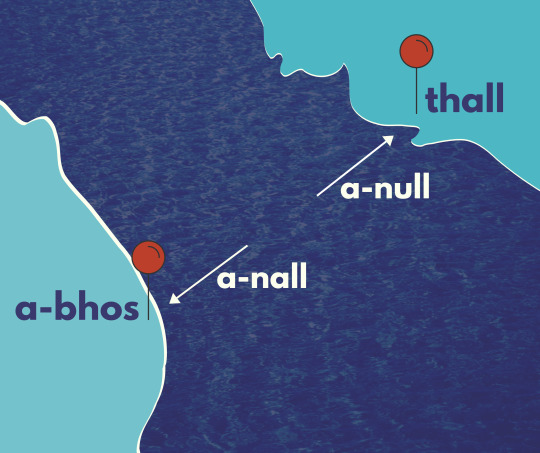
thall – over (there) a-null – over (there + movement away from speaker) a-bhos – over (here) a-nall – over (here + movement towards speaker)
M.E.
· Tha mi a-bhos an-seo. [I am over here.]
· Tha Raibeart thall an-sin. [Robert is over there.]
· Tha Raibeart thall ann am Muile. [Robert is over (there) in Mull.]
· Tha mise a-bhos anns an Òban. [I am over (here) in Oban.]
· Tha am bàta-aiseig a’ tighinn a-nall a dh'Òban. [The ferry is coming over to Oban.]
· Tha Raibert a’ tighinn a-nall à Muile air a’ bhàta-aiseag. [Robert is coming over from Mull on the ferry.]
· Chan eil mise a’ dol a-null a Mhuile. [I am not going over to Mull.]
37 notes
·
View notes